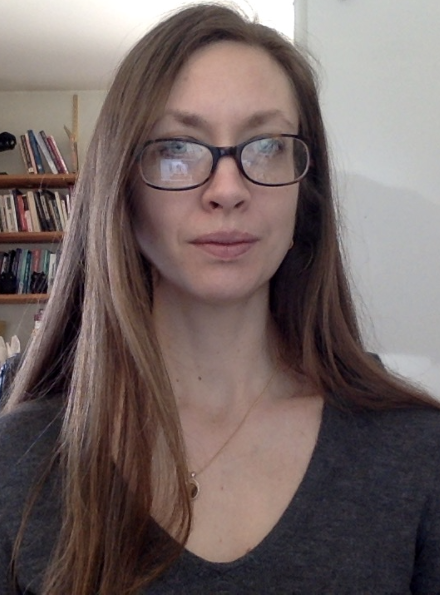Clarkson University Assistant Psychology Professor Elizabeth Pienkos delivered the keynote speech at an online and in-person phenomenology conference hosted by the Interdisciplinary Coalition of North American Phenomenologists held at Duquesne University on June 2.

Pienkos’ talk, titled “Situating phenomenological psychopathology: Lessons from Binswanger’s Case of Ellen West,” explores a philosophical approach to psychology and seeks to understand the advancements in the field, while also addressing the knowledge gaps that still exist.
“Basically, it’s arguing that in order to understand psychopathology better, we need to continue to look at the cultural, social and historical context in which that occurs,” Pienkos said.
Pienkos was invited to speak at the event by students at Duquesne University, with whom she was able to hold a longer workshop after her talk to discuss the topic, and help students understand how to apply it to their own work.
“The in-person audience was students from Duquesne University and they were an excellent audience,” she said. “I had two discussants, one of them was a student at Duquesne University and one was a philosopher in the broader community. They made very interesting comments on the paper and it was really great to have an opportunity to respond to those.”
Pienkos said the talk is based on research she began in graduate school, at the outset of her training to become a clinical psychologist.
“I was really interested in the research and the possibilities of research for better understanding a disorder like schizophrenia, which is actually very misunderstood,” she said. “Since then, that research and my clinical work has influenced me to try and push our discipline further.”
The research on display at the conference lays the theoretical foundation for further research. The next step for Pienkos is to interview people with psychosis or other forms of severe mental illness and try to understand their world from a social and cultural perspective.
Pienkos hopes this research will lead to a more comprehensive understanding of mental illness.
“A lot of the interventions we have are focused on the individual,” she said. “But where this would lead is to an additional piece which is thinking about how to change the way society interacts with people with mental illness. How do we think about how we structure our care centers, our communities? How do we talk about mental illness as a whole?”
